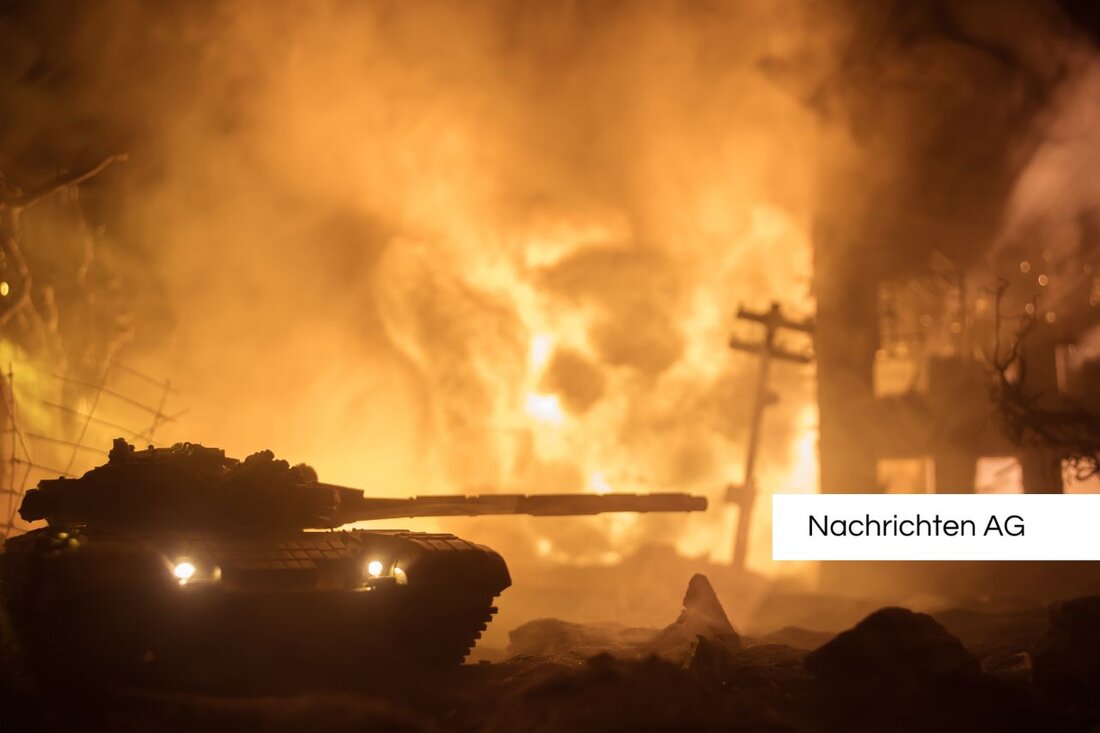Trump announces the end of the Twelve Day War” – no new conflict in sight!
US President Trump declares the Israel-Iran conflict over. Iran responds to attacks; possible consequences for the region.

Trump announces the end of the Twelve Day War” – no new conflict in sight!
In the ongoing conflict between Iran and Israel, US President Donald Trump made a remarkable statement today. He expressed the belief that the conflict, which he described as a “twelve day war,” was over. Trump does not believe in future conflicts and compares the recent military attacks on Iranian nuclear facilities to the atomic bombings of Hiroshima and Nagasaki in World War II. The president emphasizes that these operations by US forces ended a war, although reports from Iran speak of 627 dead and 4,870 injured, while the human rights network HRANA even estimates more than 1,000 dead, most of them in Tehran.
However, the conflict has also triggered international reactions. Iran's Foreign Minister Abbas Araghchi strongly condemned the US airstrikes on three Iranian nuclear sites, calling them an "aggressive act" and a "heinous crime." He warned of “permanent,” “dangerous” and “far-reaching” consequences. In this context, Araghchi called for an emergency meeting of the UN Security Council due to a possible violation of UN Security Council Resolution 2231.
Regional context and military action
The U.S. airstrikes, carried out with B-2 stealth bombers, targeted the nuclear sites at Fordow, Natanz and Esfahan. Trump called this mission “very successful” and announced that the US bombers had “completely destroyed” the nuclear sites. During the US attacks, there was another exchange of missiles between Israel and Iran, even ten days after the start of the conflict. Trump warned Iran of retaliation and threatened a superior response, further raising tensions.
Talks about a possible nuclear deal between Iran and the US were taking place in the days before the US attacks, but have now been suspended due to the attacks. Iran's President Masoud Pezeshkian called the US the "primary instigator" of these attacks and called on the public to unite against the Israeli-US offensive.
Reactions and the path to a ceasefire
Despite the attacks and the escalating conflict situation, Trump announced that he was considering a ceasefire that would come into force within 24 hours. This de-escalation strategy could help to ease the tense situation, especially since Qatar also plays a mediating role. Both Israel and Iran have confirmed the ceasefire, but it remains unclear whether both sides will actually adhere to it.
Despite the president's belief that the conflict is over, a poll shows that 60% of US respondents oppose involvement in war in the Middle East. Critical voices come not only from the MAGA movement, but also from Republican lawmakers who express concerns about Trump's military approach. The White House has defended the attack as a limited operation rather than a declaration of war.
The geopolitical implications are far-reaching, especially when considering the possibility of further attacks by Iranian-backed groups or hacker attacks. Experts warn that Iran could also block the Strait of Hormuz, which would have a lasting impact on global oil trade. The European community is reacting to the situation with concern because it was surprised by the US intervention and sees its ability to influence the conflict limited.
In a context marked by uncertainty, Trump emphasizes his role as a peacemaker, while political stability in the US depends on the fragility of the current ceasefire. The turning point in the conflict marks a new phase of the military conflict in which the USA is now actively operating.

 Suche
Suche
 Mein Konto
Mein Konto
